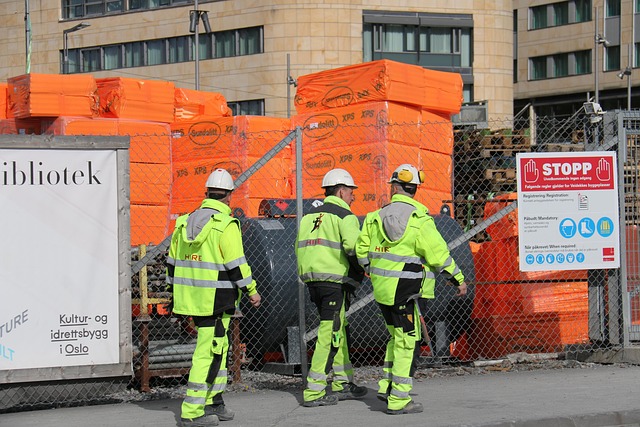The concept of alternative facts has seeped into everyday discourse, altering the way we perceive reality. As both science and modern philosophy grapple with the implications of multiple truths, the line between fact and perception becomes increasingly blurred. In a world inundated with varying narratives, both fields invite us to scrutinize our understanding of what constitutes reality.
Science, often regarded as the bastion of objective truth, is not immune to the encroachment of alternative facts. Take for instance climate science, which faces incessant pushback from skeptics despite overwhelming empirical evidence. The debate is less about the data itself and more about individual beliefs and ideologies, leading to a bifurcation in public understanding. This phenomenon exposes a troubling paradox: the more complex and nuanced the scientific truth, the more likely it is to be dismissed in favor of simpler, yet misleading, alternatives.
On the philosophical front, the dialogue about truth is equally complex. Modern philosophers interrogate the nature of reality itself, often challenging the very notion of a single, objective truth. Thinkers like Thomas Kuhn and Michel Foucault have argued that knowledge is shaped by social constructs, thus allowing for multiple realities” to coexist. This fragmentation of truth pushes us to question not just the data presented to us, but also the frameworks through which we interpret that data.
The implications of embracing alternative facts in both science and philosophy lead to significant ethical dilemmas. If we accept that multiple versions of reality can be valid, how do we protect ourselves from misinformation? In the age of social media, where misinformation spreads like wildfire, it becomes vital to cultivate critical thinking and media literacy skills. By engaging with different perspectives and challenging our own biases, we can foster a richer understanding of the multidimensional nature of truth.
Moreover, exploring these concepts isn’t just an academic exercise; it has real-world ramifications. Our comprehension of science influences public policy, healthcare, and environmental stewardship. In a democracy, where informed decision-making is crucial, the acceptance of alternative facts can manifest in dangerous ways, affecting how communities respond to issues like pandemics or climate change. As participants in a global society, we must strive to discern fact from fiction, ensuring that our collective reality is grounded in evidence and reason.
In this landscape of uncertainty, the challenge lies not only in identifying alternative facts but also in recognizing how our perceptions shape our understanding of reality. By marrying the empirical rigor of science with the critical reflection of modern philosophy, we can navigate the complexities of truth in a way that respects both the scientific method and the richness of human thought.




